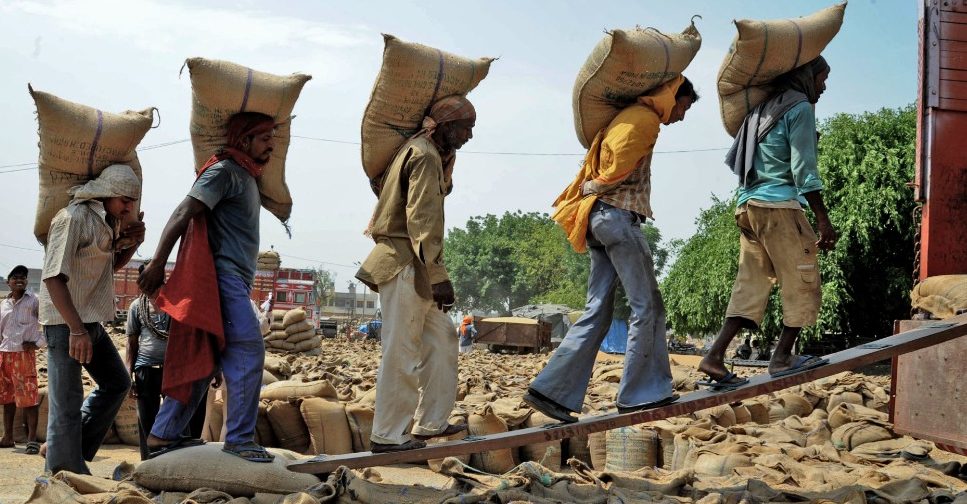From the ‘right to sit’ for shop employees to the right to rest during peak hours of summer for the labouring class- the Kerala government’s priorities in recent years have been a portrayal of its poor and working class friendly outlook.
The New Leam Staff

Kerala is known to be state that has time and again come up with policies that are unique and progressive. After being devastated by prolonged floods in August 2018, one of the key priorities of the Kerala government was to reinstall its public libraries. A widespread library movement took place across the state and people came up and participated in large numbers donating both their books and monetary resources towards this noble cause.
In 2018, the Kerala government came up with a unique ordinance to allow employees in shops to be given a seat each and not be compelled to stand for long hours without getting the opportunity to sit. The ordinance titled ‘The Kerala Shops and Establishments (Amendment) Ordinance 2018’. The ordinance demanded for all shops to arrange seating facilities for the employees to rest whenever time permitted in their duty span. The negation of the ordinance is made to allow penalty and fine according to the provisions that have been set. This ‘right to sit’ won an overwhelming response from workers and set an example of how the attention paid by the government to the dignity of the workers could drastically empower their situation.
Recently, the Kerala government has once again come up with a unique social measure that is likely to benefit the most downtrodden section of the society- the labouring class. While we reside in times where contractual labourers are considered less than human and exploited meanly for even the most basic wages, the Kerala government has lent a ear of sympathy to their woes. In most states, these workers work throughout the year and no option but to tolerate the extreme climatic conditions of summer, monsoons or winter in order to make the two ends meet. In most cases and in large parts of the unorganised sector, missing a day’s work even while one is specifically unwell or injured amounts to the loss the day’s income and often the loss of the employment itself. With high degrees of exploitation and rampant sense of helpless among India’s labouring class-the Kerala government has come up with a unique plan.
The Kerala government has made a mandatory order that provides an afternoon rest period/recess to all labourers between 12pm- 3pm from February- April to save them from sun stroke. The order provides a provision by which labourers who work under extreme heat conditions and in the open during the summer months will now be able to have a break of three hours to avoid being impacted by chances of heat stroke.
The order is implemented under the provision of section 23(A) of the Minimum Wages Act, 1958. Last year too, the order was followed through the Kerala state. This mandate of the Kerala government comes as a welcome move especially in a nation where each year during the summer months, we hear stories of people losing their lives due to working in extremely hot conditions most of whom are people from the margins and the poorest sections of the society. The deaths of large number of individuals from the margins whether it is construction labourers or the street dwellers due to the inability to rest indoors or avoid venturing outdoors due to economic compulsions has been addressed to a large degree by the Kerala government’s decision.
Although the positive measure cannot be denied what is equally critical for us to ensure is that workers are not exposed to extreme physical labour, have medical aid, conducive work environment, are protected against occupational hazards and are given protective gear wherever needed. The efforts made by the Kerala government to empower the lives of labourers who are from the poorest sections of the society and are vulnerable to exploitation must surely be implemented by all Indian state governments. But what must be remembered is that this is only the beginning of a required measure and there is a lot more to be done for the empowerment of the labouring class.














